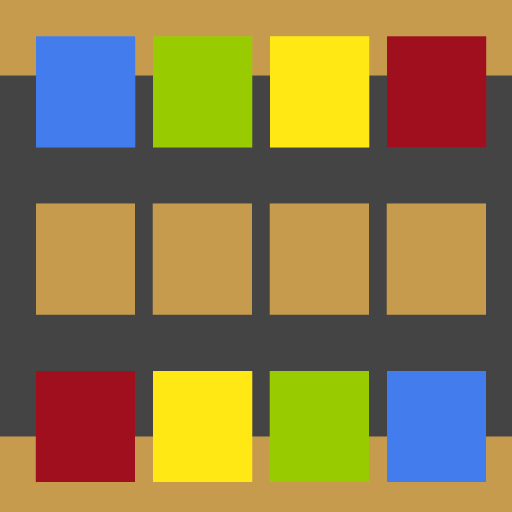easy town books
rethinking – well, everything
The easy town books by Charlie Alice Raya are the source of most easy town ideas, and the story serves as a playground to test ideas and to rethink whatever might need a rethink with regard to towns, the environment, society, governance and more.
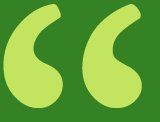
At its core the Easy Town experiment is about being curious, about trying out visions, about exploring and playing around with ideas, testing the limits of the possible, daring to try out the unconventional, questioning the inevitable, allowing for complexity.
book 1, beginning
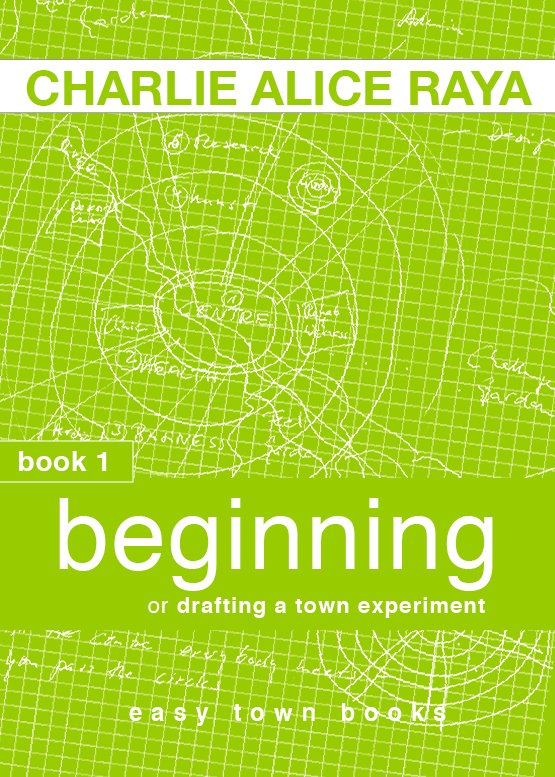
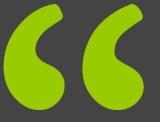
‘What I’d like to propose is to build a town from scratch and run it as an experiment. In the experiment, we would treat every aspect of life as a variable, as something we can put to the test, as something we can adjust until it makes more sense than our present systems. We would question every theory we know. We would question how we do business, how patients are treated, how the town is composed in terms of people, businesses, educational and cultural offers, or its layout. And we would try to find out whether we can’t do better if we use our imagination, and hang our complacency in the closet.’
book 1, beginning
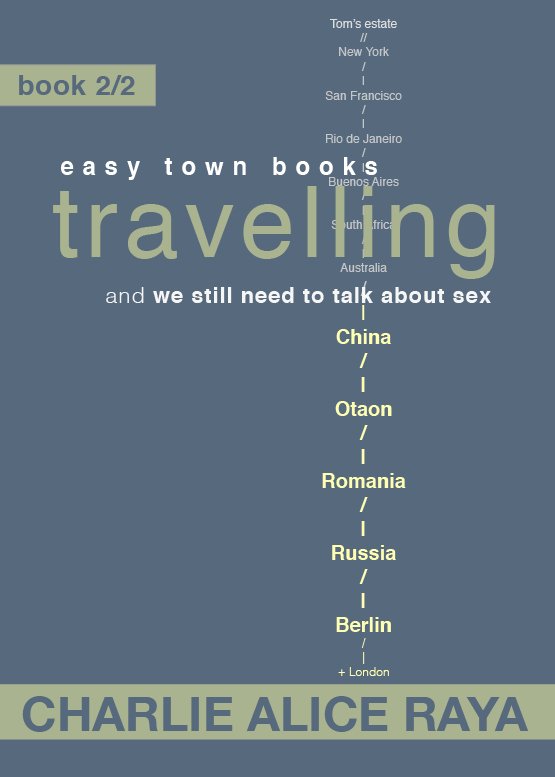
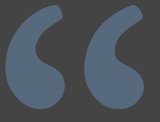
People kept referring to the project as some kind of community thing. But it wasn’t. Easy Town would be an opportunity thing. Hopefully. An offer. Not a way of life where everyone has to sing Kumbaya, or where everything is predestined or controlled, or the same for everyone. But a place that gives people the freedom to be themselves, in a framework of a minimum of rules. Just enough rules to keep everyone safe, to maintain justice, to keep out exploitation, and to give jerks a good kicking in the buttocks.
book 2/2, travelling, China

I called Devery earlier. Great listener, a huge bag of experience, and a sober mind (contrary to my present me mind). He managed to get me out of that self-pity pit. Said it’s always better to create something extraordinary than to waste your life in a safe bubble.
book 2/2, travelling, Berlin
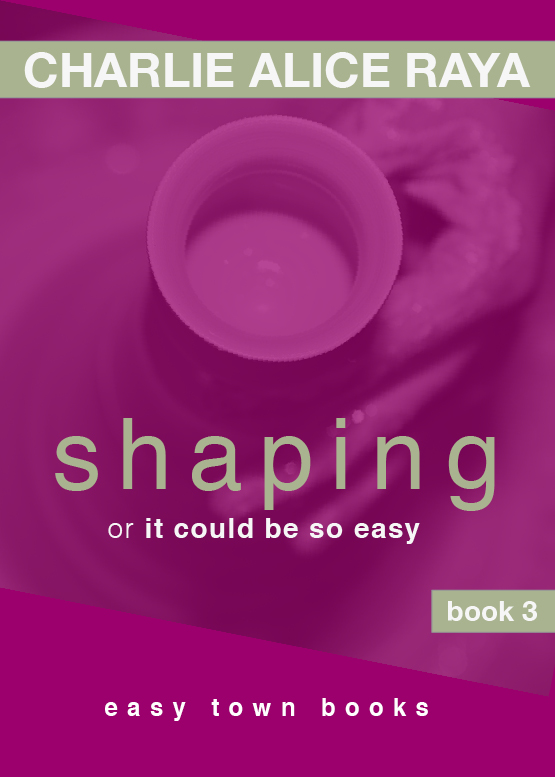
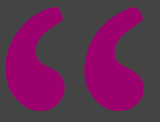
‘The world is too fragile to question everything. Right now the world needs certainty and strong leadership, not the tinkering of idealists.’
The idealist stung. Tom had never used it on her and she retorted: ‘How am I an idealist? How is building an experiment idealistic? It’s the bloody opposite! It’s how you find out whether or not an idea works. And that small scale so that not too many people are affected.’
book 3, shaping
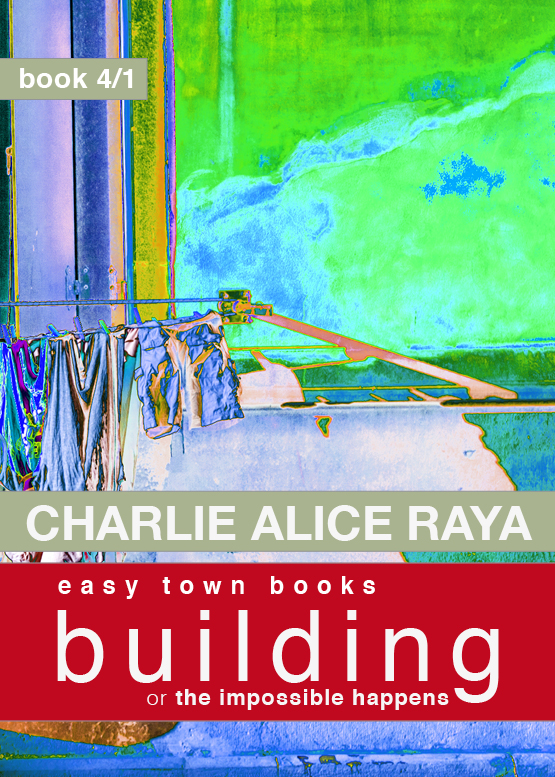

Megan climbed on a stool. ‘For everyone who doesn’t know me yet, I am Megan Rhys, head of the Agriculture Team. It seems to me that I am one of the few people who grew up on a farm, and who actually knows something about coexisting with nature. Did you enjoy fantasising about building a beautiful green world where everything is all right?’ Megan shook her head in anger. ‘I should have had this talk with you months ago. Nature isn’t something that cares about you or your wishes. It just is. And when nature decides to lash the land with gusts of winds that knock you to the ground, then you run, you hide, you stay out of nature’s way. We humans have become so bleeding superior that we think nothing can harm us. We have lost every sense of how fragile we are, and that yes, bad things happen to us, not just to others.
book 4/1, building
more
Navarro was right about that too, a lot of the human mess can be traced back to humans who have answers. Answers keep people from asking questions, from exploring. Answers bring about divides. Answers make people judge and patronise others. The only thing answers are good for is to serve as a bridge between one question and the next. Though, sometimes an answer has to serve for a while, in which case it becomes something like a waiting room. But if someone insists on an answer being infinite, then the waiting room turns into a prison.
book 3, shaping
